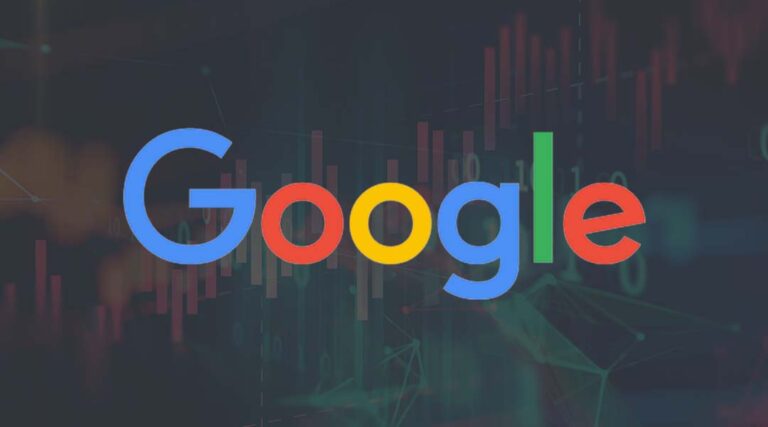
Google has claimed that the very nature of software APIs would be under threat if the US Supreme Court rules in favour of Oracle in the two Silicon Valley giant’s long-running IP case covering Java and Android.
The case – ten years in making – centres on Oracle’s claims that its Java patents and copyrights were infringed by Google when the search giant created its Android mobile operating system. An initial ruling in Google’s favour was overturned on appeal, and the case is finally due to land in the Supreme Court this year. Google filed its opening brief for the justices this week.
The dangerously short version of Google’s argument is that it “reused only the material that was required by the Java language to perform the function of responding to the developers’ calls”, and that this was permissible under the “merger doctrine” which says “an author cannot assert a copyright with respect to a function indirectly by claiming an exclusive right to the only expression for the function”. You can read the full brief here.
Google’s chief legal officer Kent Walker, said in a blogpost that it was ”asking the Court to reaffirm the importance of the software interoperability that has allowed millions of developers to write millions of applications that work on billions of devices.”
He said “The Court will review whether copyright should extend to nuts-and-bolts software interfaces, and if so, whether it can be fair to use those interfaces to create new technologies, as the jury in this case found.”
“Imagine a world in which every time you went to a different building, you needed a different plug to fit the proprietary socket, and no one was allowed to create adapters,” he argued.
More importantly, for developers, he argued, “An Oracle win would upend the way the technology industry has always approached the important issue of software interfaces. It would for the first time grant copyright owners a monopoly power to stymie the creation of new implementations and applications. And it would make it harder and costlier for developers and startups to create more products for people to use.”
Google’s argument is suitably apocalyptic to have attracted support from companies such as Microsoft and Red Hat and a bevy of computer scientists.
Oracle has not issued any statements on the case since it was kicked up to the supremes. Back then it told our friends at The Register, “We believe the Court will reject any reasoning that permits copying verbatim vast amounts of software code, used for the same purpose and same way as the original. That is not ‘transformative,’ and certainly not fair use.”
